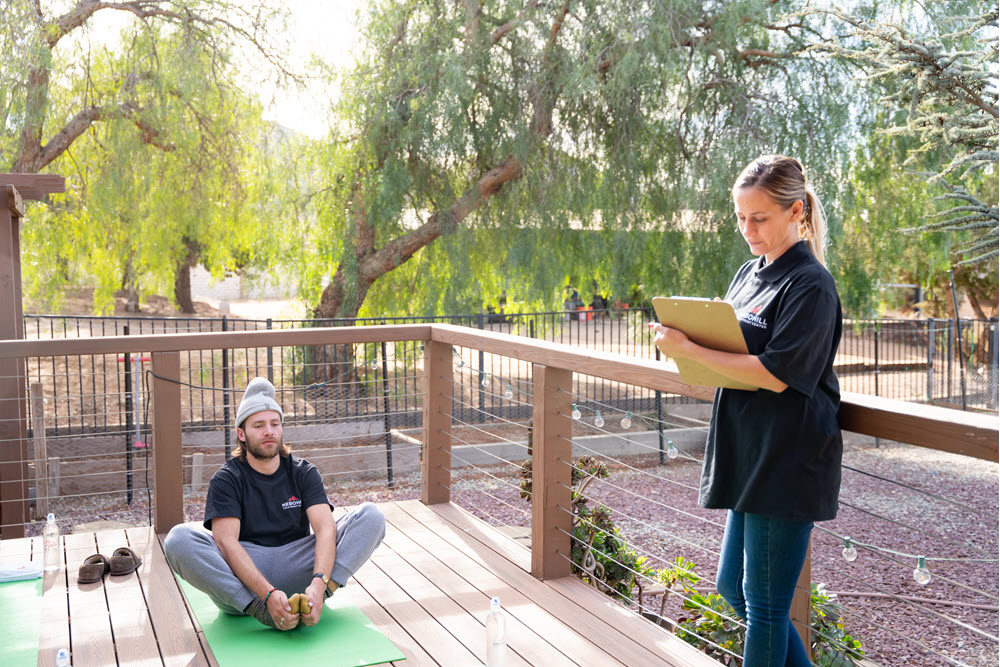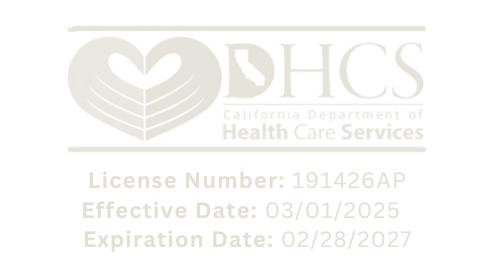Share
Author
user
Share

Behavioral therapies: Cognitive-behavioral therapy (CBT), motivational interviewing, contingency management, family and group counseling are foundational. These therapies engage patients in treatment, teach coping strategies, and help prevent relapse. For example, CBT teaches individuals to identify high-risk situations and develop effective coping skills to avoid triggers (1). Behavioral treatments have the strongest evidence base for substance use disorders (2)(1).
Medication-Assisted Treatment (MAT): FDA-approved medications help normalize brain chemistry, reduce cravings, and block drug effects. In opioid use disorder, methadone and buprenorphine (Suboxone) prevent withdrawal and block opioids (3)(4). Naltrexone (oral or extended-release injection) blocks opioid and alcohol effects and reduces relapse (5). For alcohol dependence, naltrexone, acamprosate (reduces post-withdrawal symptoms), and disulfiram (causes aversive reaction) are evidence-based options (5)(6). These medications are most effective when combined with counseling and support.
Comprehensive services: Treatment programs also include case management, vocational training, educational support, and trauma-informed care. Peer support and mutual-help groups (e.g. 12-step or SMART Recovery) are often integrated. Treating co-occurring mental health disorders alongside addiction is crucial for success.
Holistic and complementary therapies: Many Southern California programs add wellness approaches to support recovery (yoga, meditation, exercise, art/music therapy, acupuncture, equine therapy, etc.). While research is still evolving, studies suggest benefits: for instance, mindfulness based interventions reduce substance misuse and cravings by improving self-regulation (7), and yoga programs have been shown to decrease drug use and craving in the short term (8). These therapies can enhance stress management, emotional balance, and overall well-being, complementing core treatments.
Sources
(1)(2)(3)(4)(5)(6)Principles of Drug Addiction: A Research-Based Guide (Third Edition)
https://nida.nih.gov/sites/default/files/podat-3rdEd-508.pdf
(7) Mindfulness-based treatment of addiction: current state of the field and envisioning the next wave of research | Addiction Science & Clinical Practice | Full Text
https://ascpjournal.biomedcentral.com/articles/10.1186/s13722-018-0115-3
(8) Role of Yoga in Management of Substance-use Disorders: A Narrative Review – PMC








